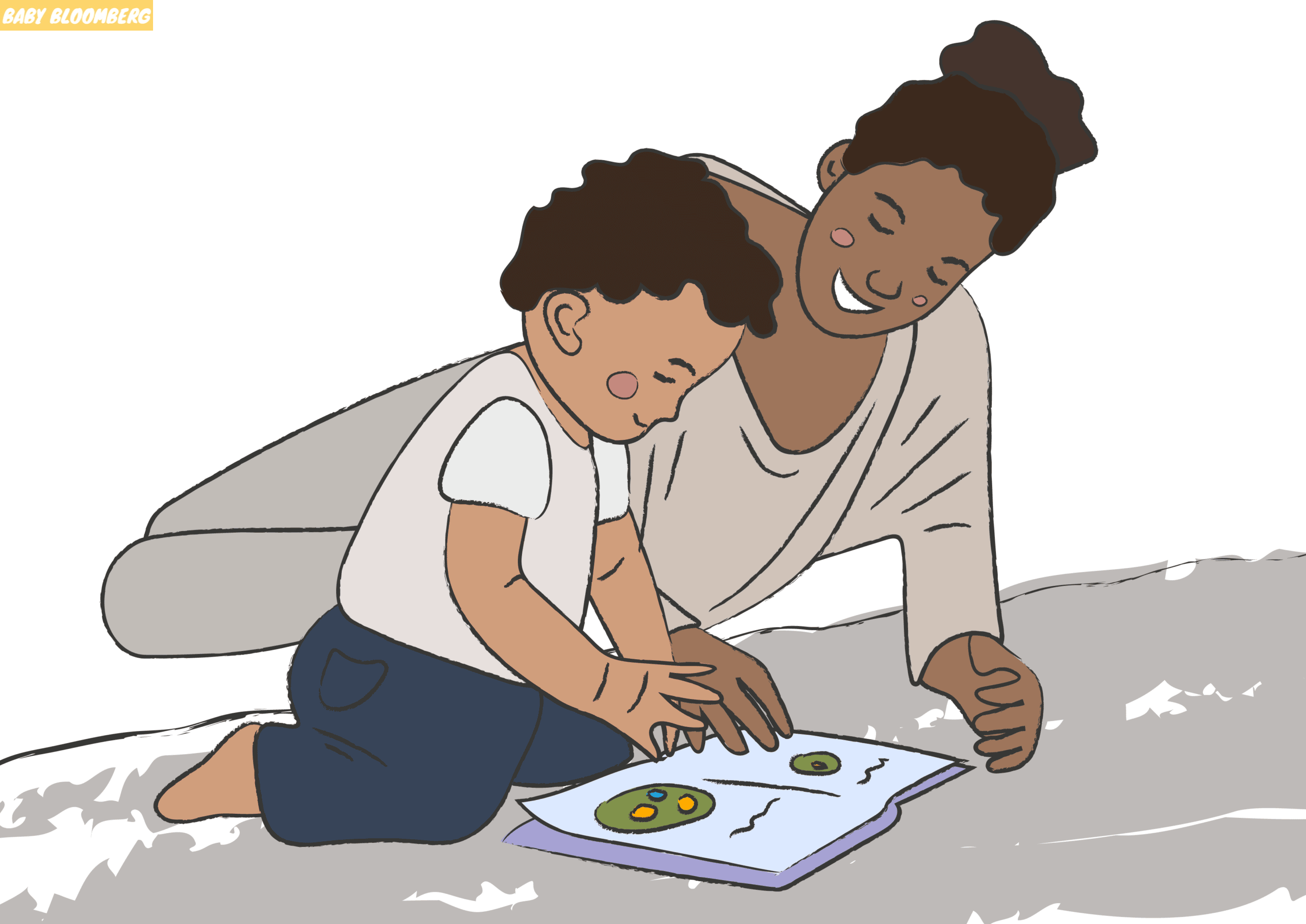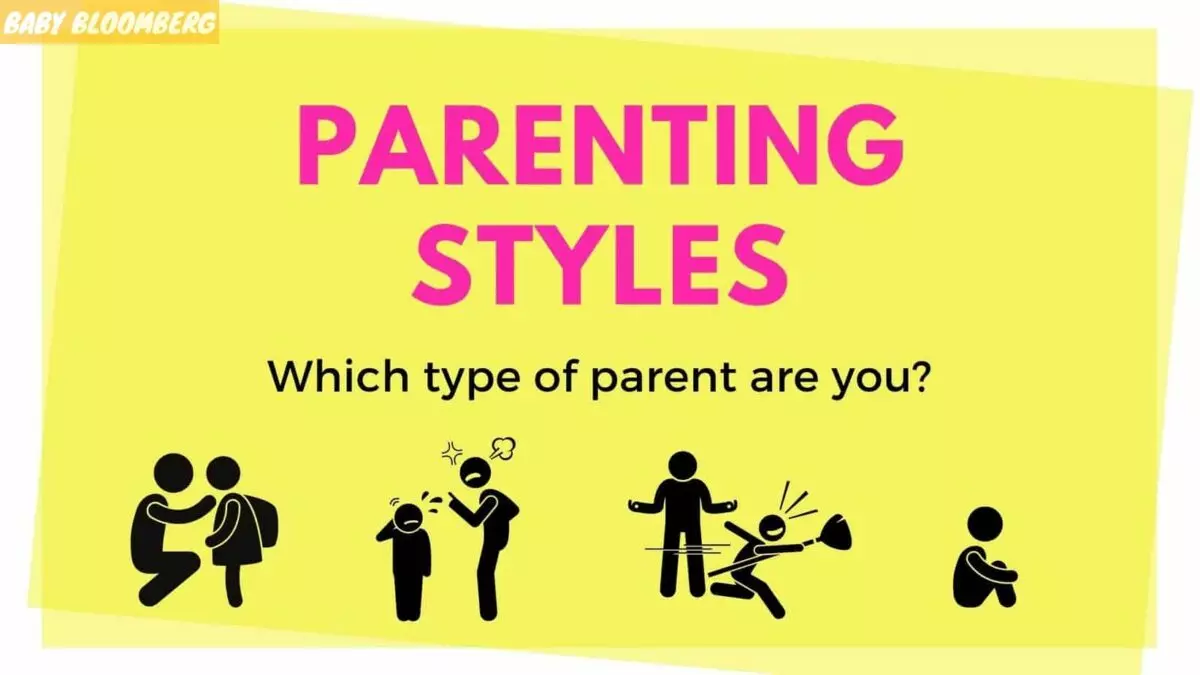Parenting is an important aspect of raising children, and the way parents choose to raise their children can greatly impact their development and overall well-being. Parenting styles vary across cultures, and in the context of the United States, there are several distinct parenting styles that are commonly observed. These parenting styles are influenced by various factors such as cultural values, societal norms, and personal beliefs. Understanding different parenting styles can help individuals make informed decisions when it comes to raising their own children. In this article, we will explore the different parenting styles in the United States, their characteristics, and the potential effects they can have on children’s development.
Authoritative Parenting: Striking a Balance
One of the most common and widely accepted parenting styles in the United States is authoritative parenting. This style is characterized by a balance between demandingness and responsiveness. Parents who adopt an authoritative parenting style establish clear rules and expectations for their children while also providing warmth, support, and open communication. They are firm and consistent in their discipline but also allow for independence and decision-making.
Characteristics of Authoritative Parenting
- Open Communication: Authoritative parents encourage open and honest communication with their children, creating an environment where children feel comfortable expressing their thoughts and feelings.
- Clear Expectations: These parents set clear and reasonable expectations for their children’s behavior and hold them accountable for their actions.
- Warmth and Support: Authoritative parents provide warmth, support, and love to their children, creating a secure and nurturing environment.
- Consistent Discipline: Discipline in authoritative parenting is firm but fair. Parents set clear consequences for misbehavior but also take into account their child’s individual needs and circumstances.
Effects of Authoritative Parenting
Authoritative parenting has been associated with several positive outcomes for children’s development. Research suggests that children raised by authoritative parents often exhibit higher levels of self-esteem, self-control, and academic achievement. They also tend to have better social skills and prosocial behavior, as they grow up in an environment that promotes healthy relationships and emotional well-being.
Permissive Parenting: Leniency without Limits
Another prevalent parenting style in the United States is permissive parenting. This style is characterized by high levels of responsiveness but low levels of demandingness. Permissive parents are indulgent and lenient, setting few rules and boundaries for their children.
Characteristics of Permissive Parenting
- Lack of Structure: Permissive parents often have a lack of structure and routine in their households, allowing their children to make their own decisions and set their own rules.
- Low Demands: These parents have low expectations and rarely enforce rules or consequences for misbehavior. They tend to prioritize their child’s happiness and avoid conflict.
- Supportive and Nurturing: Permissive parents are nurturing and often provide emotional support and love to their children, but they may struggle with setting boundaries.
Effects of Permissive Parenting
Authoritarian Parenting: Strict Rules, Minimal Flexibility
Authoritarian parenting is another parenting style commonly observed in the United States. This style is characterized by high levels of demandingness and low levels of responsiveness. Authoritarian parents enforce strict rules and expect their children to adhere to them without question.
Characteristics of Authoritarian Parenting
- Strict Rules: Authoritarian parents establish strict rules and expectations for their children and enforce them consistently. These rules are often non-negotiable.
- Controlling Behavior: Authoritarian parents exert control and power over their children, using punishment as a means of discipline. They may have little tolerance for independent thinking or individuality.
- Lack of Flexibility: Authoritarian parents have a rigid parenting approach, leaving little room for negotiation or compromise.
Effects of Authoritarian Parenting
Authoritarian parenting has been linked to several negative outcomes for children. Research suggests that children raised in authoritarian households may exhibit lower self-esteem, higher levels of anxiety, and lower social competence. They may struggle with assertiveness and independence, as well as experience difficulties in forming healthy relationships due to a lack of trust and open communication.
Uninvolved Parenting: Neglectful Absence
Uninvolved parenting, sometimes referred to as neglectful parenting, is a parenting style characterized by low levels of responsiveness and demandingness. Uninvolved parents are often disengaged and neglectful, providing minimal guidance or support to their children.
Characteristics of Uninvolved Parenting
- Lack of Emotional Support: Uninvolved parents show little emotional support or involvement in their children’s lives. They may prioritize their own needs or be overwhelmed by personal challenges.
- Minimal Supervision: These parents provide minimal supervision and guidance for their children. They may not set clear boundaries or enforce rules consistently.
- Lack of Involvement: Uninvolved parents often have limited involvement in their children’s education, extracurricular activities, and overall well-being.
Effects of Uninvolved Parenting
Uninvolved parenting can have severe and long-lasting effects on children’s development. Research suggests that children raised in uninvolved households may exhibit higher levels of behavioral problems, academic difficulties, and emotional distress. They may struggle with self-regulation, have low self-esteem, and experience difficulties in forming healthy relationships.
The Impact of Culture and Society
It’s important to note that while these parenting styles are commonly observed in the United States, they are not exclusive to this country. Parenting styles are influenced by various factors, including cultural values and societal norms. Different cultures may have different expectations of parents and children, shaping the way parenting is approached.
In the United States, cultural diversity and individualism play a significant role in shaping parenting styles. Some families may blend elements of different parenting styles, while others may adhere to a specific style based on their cultural background or personal beliefs. It’s essential to consider the cultural context when discussing parenting styles and their effects on children’s development.
Parenting styles in the United States vary widely, with authoritative, permissive, authoritarian, and uninvolved parenting being the most commonly observed. Each parenting style has its own unique characteristics and can influence children’s development in different ways. Ultimately, understanding different parenting styles can help parents make informed decisions and provide the best possible environment for their children to thrive. It’s important to consider cultural and individual factors when navigating the complexities of parenthood and to tailor parenting approaches to meet the unique needs of each child.











